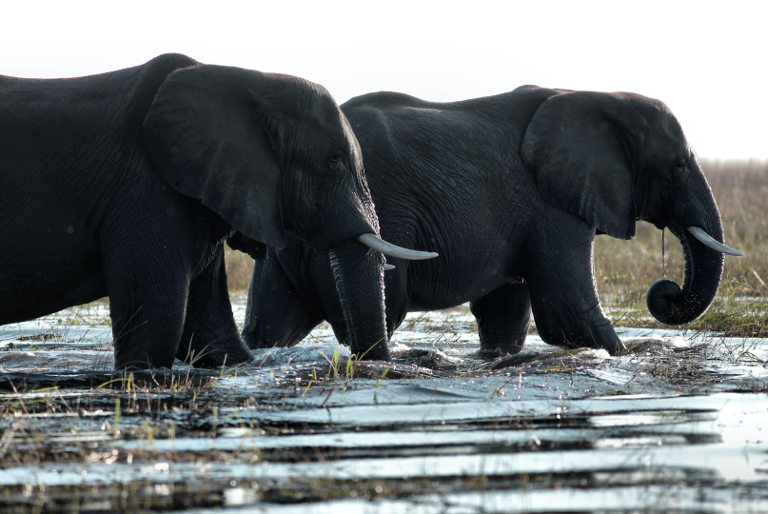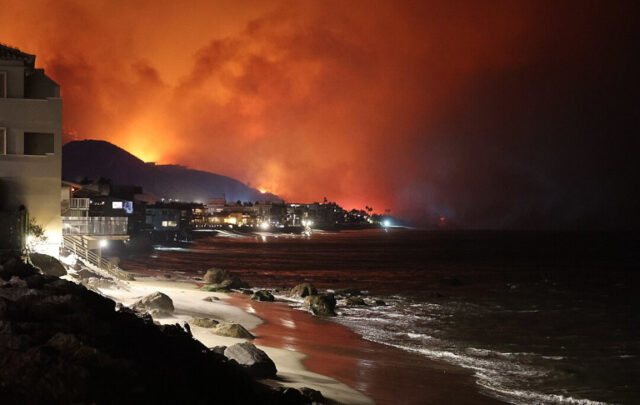That unexpected event, which upends all the plans you had and turns your life – or everyone’s – upside down. An apparent surprise, but which, once the event has happened, is rationalized, making it seem predictable and giving the impression that it was expected to happen. Weirdness, extreme impact and the ability to understand in retrospect are the three defining features. There are many examples, such as World War I or the 1918 flu.
The concept refers to the fact that it was thought impossible to see a black swan, until one day, the first one was found. It was popularized by the Lebanese economist and essayist Nassim Nicholas Taleb in 2007, who with his work “The Black Swan” -translated into more than 30 languages- got the timing right, since in a certain way, he predicted the Lehman Brothers crisis and how it was going to submerge the world economy into chaos in the following years. Then came the film by Darren Aronofsky and Natalie Portman playing a dancer.
There is debate about the pandemic we are living through: Taleb himself recognizes that it could be seen as a black swan by some people, although he thinks it is not, since it was quite predictable before it happened. As, for example, Rob Wallace had done in his magnificent essay “Big Farms Make Big Flu” or Bill Gates himself in a TED talk. If it is predictable, the event is considered more like a Gray Rhinoceros, because of its obviousness. The Gray Rhinoceros is something in front of you and coming at you, according to Michele Wucker -the author of the book that popularized the idea-, who warns: “We should look at the three Gray Rhinoceros I always talk about: inequality, climate change and financial products”.
Probably, if we started to think about it, we would come up with some more examples of Gray Rhinoceros. Such as the more than inevitable and approaching energy scarcity in a world of finite resources, or the consequences of the accelerating rate of species extinction and its effects on health.
For all of them together, for the intersection of the crises that our economic model has generated, there is an even more clarifying concept: the Elephant in the Room. This concept is so popular that there are a multitude of books and authors who have used it to talk about different topics.
To simplify, it speaks of a problem (or the conjunction of several) that we all -or at least most of us- see, but we hardly talk about it, or how to deal with it, especially because of its enormity, which is so overwhelming. Ignoring it causes it to increase, to grow even fatter, fed by inertia, indifference and the lies we tell ourselves in order to keep going, until inevitably, it ends up crushing those who were in the room.
Undoubtedly many of the upcoming problems are visible as an elephant or a gray rhinoceros, but they may also be accompanied by Black Swan events that we will only interpret as logical a posteriori, seeing the pieces that have triggered them -as they will not be so predictable. Among them we could count unexpected and specific revolts, which are ignited by small sparks (and above all by what has been accumulating), military conflicts or very extreme climatic events, such as the unprecedented heat waves that are being recorded in Canada, in a large part of the northern hemisphere and also in other countries more used to this type of phenomena.
The Black Elephant in the Room is, therefore, the result of the sum of the two possibilities and of the two concepts. The problem of the Black Elephant in the room is that the room is already the planet. The system based on globalization has built a palace for many, with respect to the lives that were usually lived but that palace, because it wanted to be so big and ostentatious, is now terribly fragile because it is enormous and complex. We are not talking as much as we should about the enormous problem that our civilization has with the intersection of the climate and energy crises, nor about the evident incapacity of the capitalist system to solve it.
The free market and the invisible hand serve only to continue to pave the road to climate chaos and energy waste, and those who still do not see it, are blinder than justice in times of the greatest economic inequality ever known.
And although there are alternative options, “the powers that be”, control the vast majority of the mass media, and with them, adulterate the message that should reach the population, hiding many of the alternatives. Because, obviously, if these alternatives were to be put into practice one day, they would not benefit them (the powers that be) at all.
The Black Elephant In The Room, in this case, is that nothing grows forever. Unlike what our system – the Elephant in The Room – pretends to do, which is designed to do so and doesn’t know how to slow down. Its trajectory literally directs us to a series of events that can never be considered Black Swans, even if they seem to be. And there is not a single political party in the world that speaks openly about it, about the inevitability of stopping growing as soon as possible, due to short-termism mentality, fear and lack of courage. Who would vote for a kind of party like this? Perhaps more people than we might think. Nobody really knows, until it happens, like a Black Swan.
The pandemic is not a Black Swan, nor will be the next one, nor will the next deadly drought and its effect on harvests, nor the first Mediterranean hurricane or a financial collapse caused by the scarcity of crucial materials.
These are phenomena that will recur if we continue this inertia that we do not know how to stop. And we will never know how, if we do not even talk about it, about how we have a Black Elephant In The room, centimeters away from crushing us.
Teaser Photo by Wynand Uys on Unsplash





